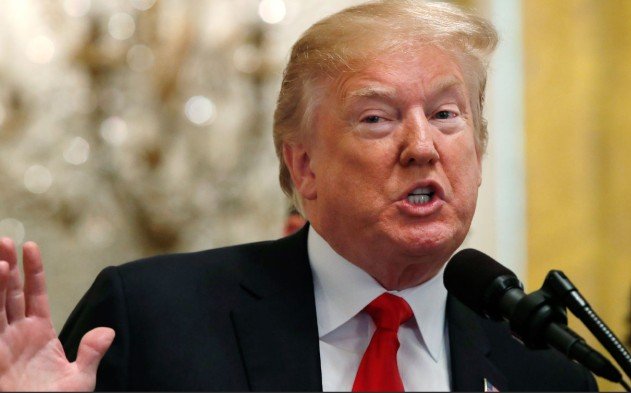Trump imposes $100,000 annual H1-B visa fee, Indian IT professionals face major setback
New H1-B visa rules: Trump’s $100,000 fee sparks concern for Indian workers in US
BN Web Desk
New York/Washington, Sept 20: In a move that could reshape the future of foreign employment in the United States and deal a severe blow to Indian professionals, President Donald Trump on Friday signed a proclamation introducing a massive hike in H1-B visa fees — setting the annual charge at USD 100,000 per worker. The decision, positioned by the administration as part of its ongoing crackdown on immigration, is expected to affect thousands of Indian technology employees who form the largest group of H1-B beneficiaries.
White House staff secretary Will Scharf described the H1-B programme as “one of the most abused” visa categories, arguing that it was originally designed to bring in highly skilled workers to fill labour shortages in sectors where Americans were not employed, but had since been exploited. “We need workers, great workers, extraordinary workers. This fee ensures that only the very best will come in,” Trump said while signing the order in the Oval Office, flanked by Commerce Secretary Howard Lutnick.
The Trump administration claimed the new fee structure would serve a dual purpose, protecting American jobs while still providing companies a route to hire top global talent. Lutnick noted that the hike would also raise more than USD 100 billion for the U.S. Treasury, revenue that Trump said would be used to cut taxes and reduce debt. “We think it’s going to be very successful,” the President remarked, insisting that leading tech firms had expressed support for the measure.
According to Lutnick, data shows that the employment-based Green Card system previously admitted around 281,000 people annually, with average salaries of just USD 66,000 figures he argued placed many immigrants in the “bottom quartile” of the American workforce. “We are going to stop taking in the bottom quartile. Instead, we’ll take extraordinary people who will create businesses and jobs for Americans,” Lutnick said.
The new policy applies across the board to fresh applicants as well as renewals. With H1-B visas typically valid for three years and extendable to six, employers will now need to weigh whether each worker is valuable enough to justify paying USD 100,000 every year to the U.S. government. This could profoundly impact Indian workers who not only dominate the H1-B programme but also face decades-long waiting periods for permanent residency (Green Cards). Many fear companies may choose to scale back sponsorships rather than absorb such steep costs.
“Big tech companies can no longer train foreign workers cheaply. They must pay USD 100,000 to the government and also pay the employee, which makes it uneconomic. The incentive will be to train Americans instead,” Lutnick explained, adding that CEOs were already “on board” with the change.
In addition to the H1-B hike, Trump also unveiled a new ‘Gold Card’ visa programme designed to attract individuals of “extraordinary ability.” Under this scheme, foreigners who directly contribute USD 1 million to the U.S. Treasury or USD 2 million if sponsored by a corporation will gain access to expedited visas and a path to permanent residency. Trump described it as a way to “take in hundreds of billions of dollars” while retaining people with niche expertise critical to U.S. growth.
When pressed on whether current H1-B holders would be shielded from the fee, Lutnick clarified that it would apply to both renewals and new applicants alike. “Either the person is very valuable to the company and America, or they should head home and the company should hire an American. That’s the point of immigration , valuable people only for America,” he said.
The announcement has sparked immediate anxiety among Indian professionals, particularly those in the IT sector who rely on H1-B visas to work for U.S. tech giants and outsourcing firms. For many, the steep annual fee introduces uncertainty over whether employers will continue to support their residency pathways. With Indians already facing a decades-long Green Card backlog, the new economic burden may push companies to reconsider long-term sponsorships.
Trump, however, maintained optimism, insisting that “everyone’s going to be happy” with the decision. “We’re going to keep productive people in this country, and companies are willing to pay for them. That means only the most extraordinary talent stays, and America benefits,” he concluded.
#$100000H1BVisaFee #TrumpH1BVisaHike2025 #IndianITWorkersH1BImpact #H1BVisaFeeIncreaseForEmployers #USWorkVisaPolicyChanges




